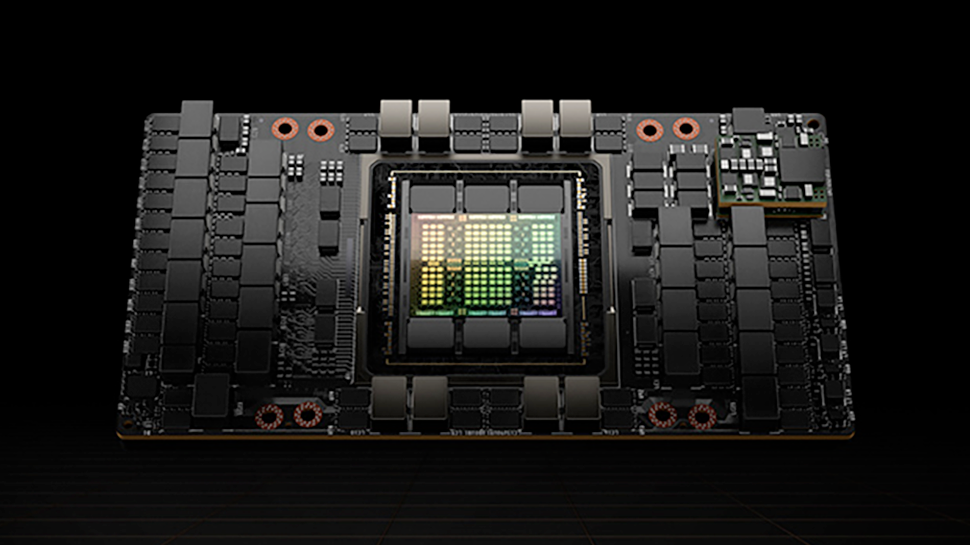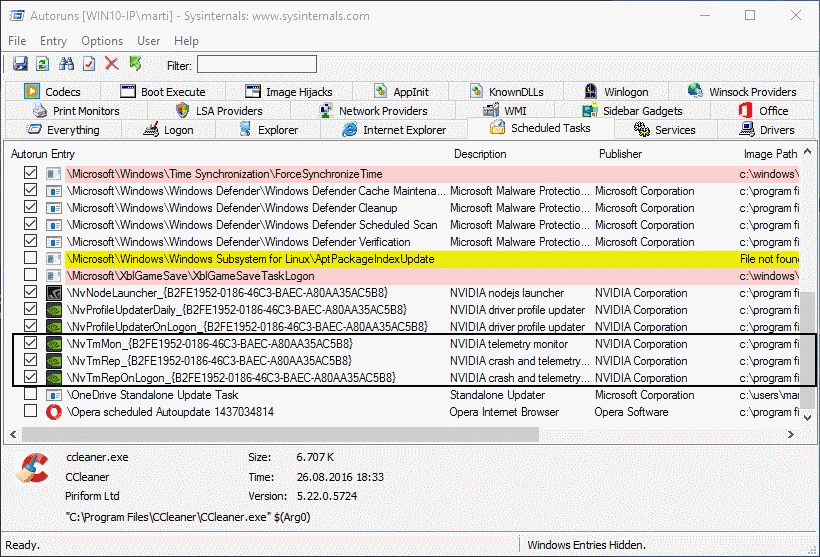kruis
Exposing the sinister cartel of retailers who allow companies to pay for advertising space.

U.S. inks bill to force geo-tracking tech for high-end gaming and AI GPUs
Senator Tom Cotton's legislation seeks to "prevent advanced American chips from falling into the hands of adversaries like Communist China."
Last week, a U.S. congressman announced a plan to introduce a bill that would mandate producers of high-performance AI processors to track them geographically in a bid to limit their usage by unauthorized foreign actors, such as China. Senator Tom Cotton of Arkansas then introduced a legislative measure later in the week. The bill covers hardware that goes way beyond just AI processors, and would give the Commerce Secretary power to verify the location of hardware, and put mandatory location controls on commercial companies. To make matters even more complicated, geo-tracking features would be required for high-performance graphics cards as well.
The bill covers a wide range of products classified as 3A090, 4A090, 4A003.z, and 3A001.z export control classification numbers (ECCNs), so advanced processors for AI, AI servers (including rack-scale solutions), HPC servers, and general-purpose electronics of strategic concern due to potential military utility or dual-use risk. It should be noted that many high-end graphics cards (such as Nvidia's GeForce RTX 4090 and RTX 5090) are also classified as a 3A090 product, so it looks like such add-in-boards will also have to add geo-tracking capabilities.
The first and central provision of the bill is the requirement for tracking technology to be embedded in any high-end processor module or device that falls under the U.S. export restrictions. This condition would take effect six months after the legislation is enacted, which will make the lives of companies like AMD, Intel, and Nvidia harder, as adding a feature to already developed products is a tough task. The mechanism must allow verification of a chip's or device's physical location, enabling the U.S. government to confirm whether it remains at the approved endpoint. Yet, exporters would be obliged to keep track of their products.
The bill authorizes the Secretary of Commerce to verify the ownership and location of regulated processors and systems after export and maintain a centralized registry of current locations and end-users. Nvidia, as well as other exporters, would also be obligated to inform the Bureau of Industry and Security if there is evidence that a component has been redirected from its authorized destination. Additionally, any indications of tampering or manipulation must be reported.
====
This is just a proposal for a law, I have no idea how much support this bill will get, but the fact that it even exists means there's a good chance it will go ahead. It's just crazy that one of the ramifications of this law is that future owners of high end Nvidia/AMD cards could end up in a central registry. There's a high chance that in the future this geo tracking capabilities will be used to block high end video cards from being used at all.





